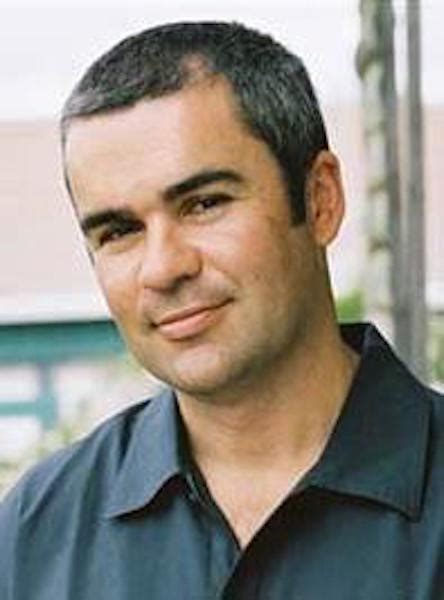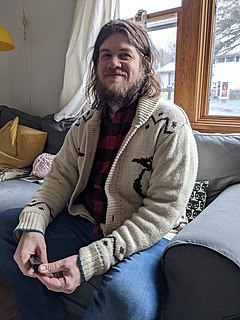A Quote by Bernard Beckett
Related Quotes
First of all, a giant corporation probably shouldn't be being hacked by teenagers. I put that on the corporation, not the teenagers. Teenagers are going to do what teenagers are going to do - rebelling. But if they're able to hack a big corporation, that seems like the corporation should be better at security.
It's good for people to be able to see an archive of an artist learning how to write and getting better, especially for teenagers who are starting to write: to see that I started out making pretty easy and weird and bad-sounding music and that you can teach yourself how to write over a long period of time.
I write books for teenagers because I vividly remember what it felt like to be a teen facing everyday and epic dangers. I don't write to protect them. It's far too late for that. I write to give them weapons-in the form of words and ideas-that will help them fight their monsters. I write in blood because I remember what it felt like to bleed.
Write a lot. And I mean a ridiculous amount. You have to write so much that you don't mind throwing away and changing things that you've written - which is the second thing you have to do. A lot of young writers are very precious about their words. Don't be - you've got to be ready to burn stuff. You're not as good as you think you are, at least not yet. The more you write, the faster you'll write, and the less you'll mind throwing stuff out.
I genuinely am sort of an emotionally stunted man-child, so if I just write to the top of my intelligence, it sounds like a teenager. I like being around teenagers. It's good for drama; they feel everything much more intensely than adults do, their lives are much more interesting than ours. They're mutants. They have these weird bodies that are rebelling against them and changing every day. Teenagers always equal good drama.




































